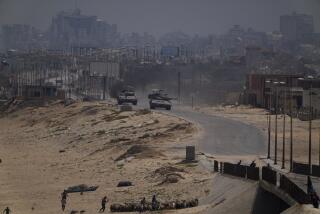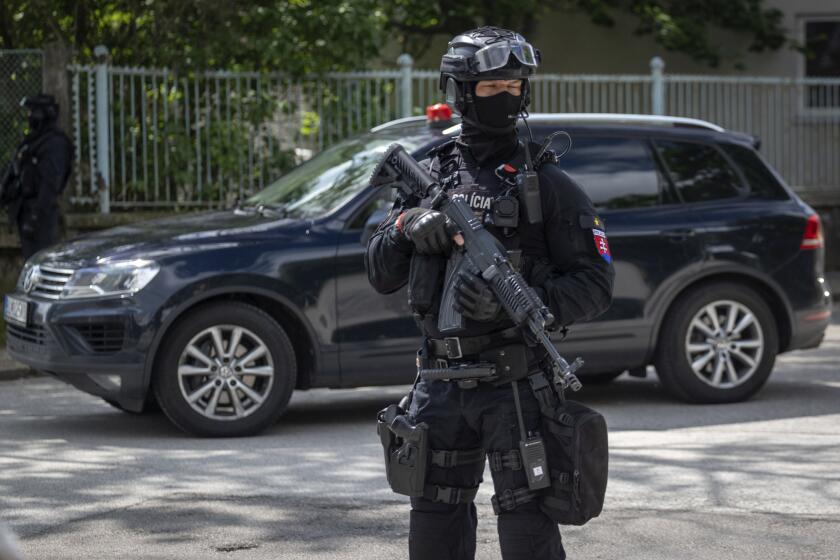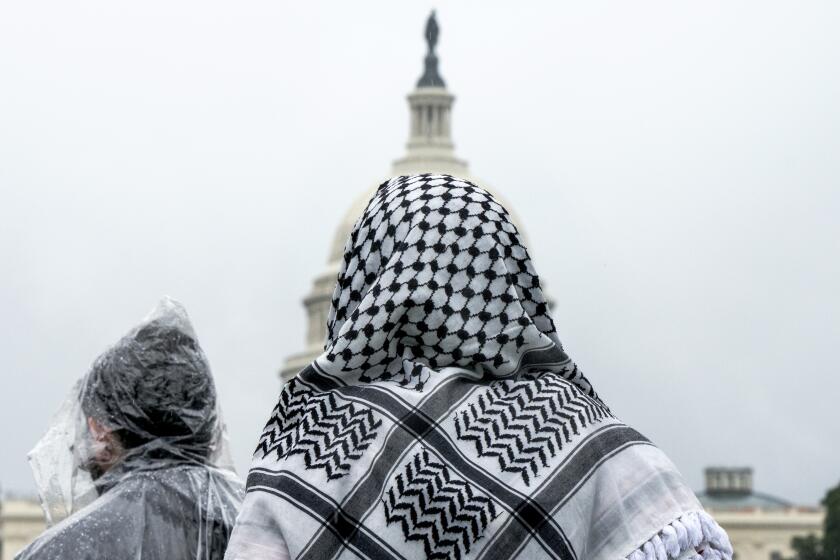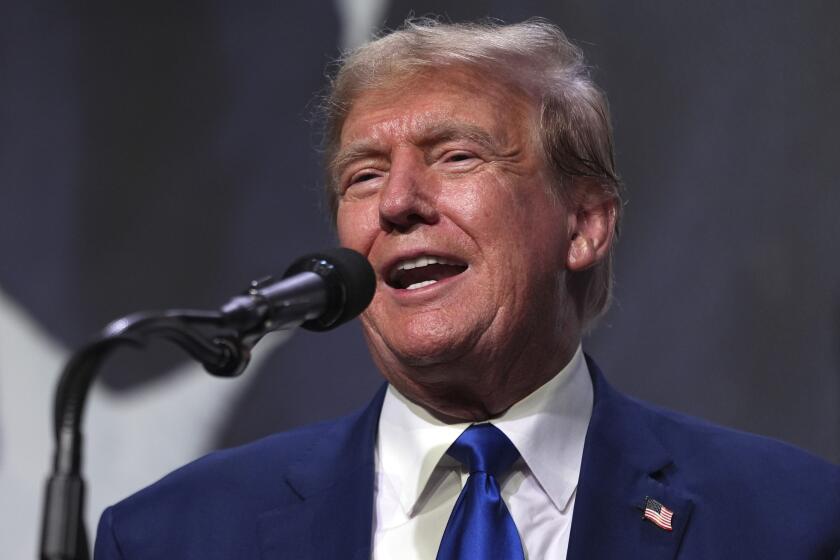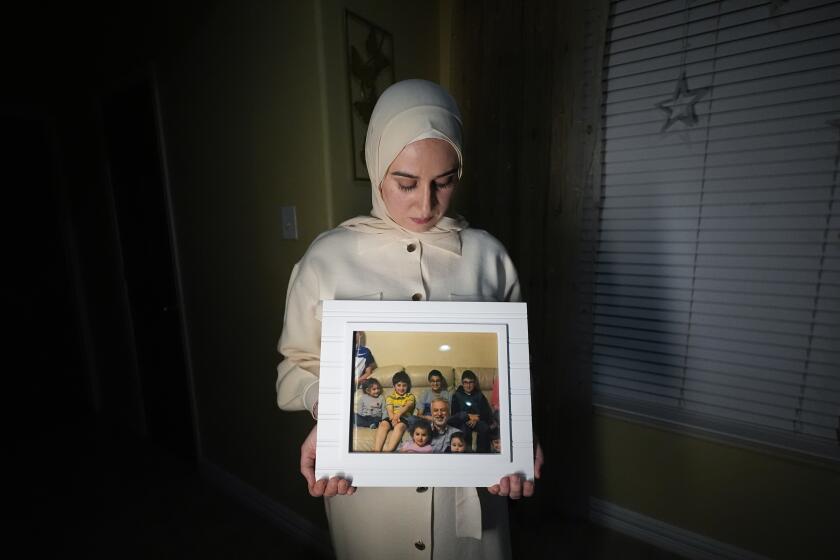Driven by Heritage, Winds of Change, Surgeon to Revisit Soviet Armenia
It has been 18 months since Dr. Garo Tertzakian, an Armenian-American urologist from Cowan Heights, first took part in a medical exchange program to share his expertise with Soviet Armenian compatriots half a world away.
In that time, a lot has changed. Since February, Soviet Armenia and the neighboring enclave of Nagorno-Karabakh have been beset by strikes and mass demonstrations in which protesters have demanded the unification of the two predominantly Armenian regions. The Soviet government has responded to their demands with a firm ‘No’--an answer it has underlined by sending in troops and banning foreign journalists from the area.
Despite the seven months of unrest, Tertzakian said, he is not afraid to go to the land he grew up dreaming of as “the most beautiful place on earth.” Today, he and his wife, Sylvie, and their two children will embark on a two-week visit to Yerevan, capital of the Soviet Socialist Republic of Armenia.
“It’s more exciting now,” said the 39-year-old surgeon who would like someday to see an independent Armenia. “It’s a historical time that I wouldn’t miss.”
Although he is going at the invitation of the Soviet Armenian government, Tertzakian is paying for the trip himself. Between the cost of closing down his private practices in Tustin and Orange for two weeks and paying the air fare for himself and his family, he estimates the trip will cost him about $30,000.
The price is an index both of the prosperity Tertzakian has achieved in this country and the passion he and his wife still nurture for the homeland they never knew. By sharing some of the medical expertise he has learned in this country, Tertzakian said, he hopes to spread some of that prosperity around.
On his visit last year, Tertzakian taught Soviet doctors how to perform a prostate operation that is much less traumatic to patients than the 40-year-old surgical methods Soviet doctors were trained in. The method allows doctors to remove enlarged tissue by inserting a special instrument through the urethra, instead of cutting through the stomach.
In his two-week stay last year, Tertzakian said, he performed about 60 such operations.
His patients, amazed that they could leave the hospital after only three or four days, responded with extravagant appreciation. One man slaughtered a lamb in his honor, Tertzakian said. Others dubbed him simply: “the savior of Armenian men.”
This year, Tertzakian said, he will teach the physicians new surgical methods of treating bladder cancer and incontinence in women.
What Tertzakian and his family get in return, he said, is a fleeting reconnection to the land his grandfather left after the Turkish massacre of 1915. Most of the land has been a part of the Soviet Union since 1922.
Tertzakian himself was born and raised in Beirut. His wife grew up in Jerusalem and later attended the American University in Beirut, where the two met.
Both disclaim any allegiance to the countries where they spent their youths, saying they never really felt accepted there. The only place they have truly felt at home, they say, is America, where he and his have lived since 1975.
“Armenians did very well in Lebanon,” Sylvie Tertzakian said. “But you never felt 100% Lebanese. . . . We feel very comfortable being Americans and Armenians.”
But along with their comfort here, they say, has come an inevitable assimilation.
The Tertzakian children, Taleen, 9, and Aram, 6, attend a local Armenian school and speak fluent Armenian, but their parents say they expect their children to feel less Armenian than they do.
And that is precisely why they are taking them along.
“I want them to see Armenia, and I want them to see the culture there,” Sylvie Tertzakian said. “If you just talk about it, it sounds like a dream. But if they actually see it . . . it is tangible.”
More to Read
Start your day right
Sign up for Essential California for news, features and recommendations from the L.A. Times and beyond in your inbox six days a week.
You may occasionally receive promotional content from the Los Angeles Times.


